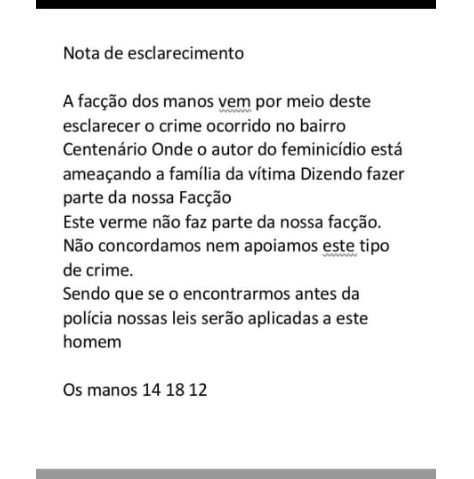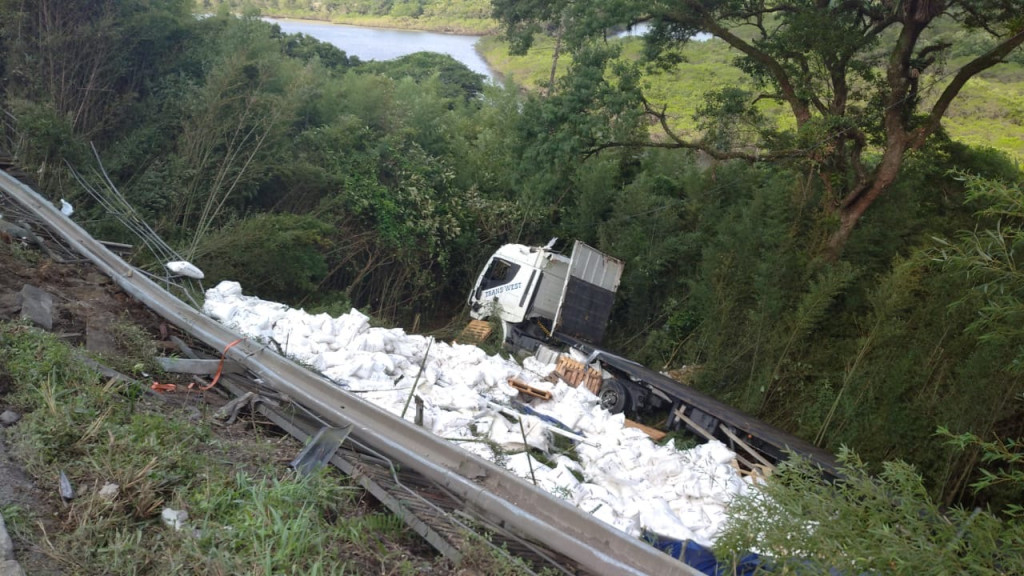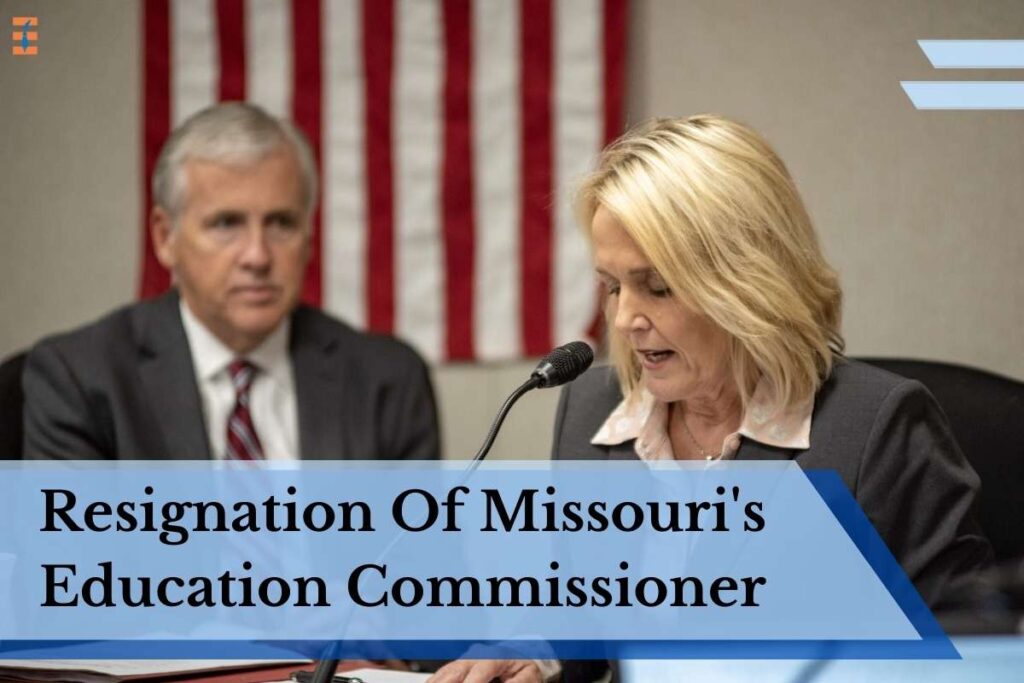The Case Against Columbia University: An Examination Of Immigration Enforcement Actions

Table of Contents
Introduction: Columbia University, a prestigious institution of higher learning, has faced mounting criticism regarding its collaboration with Immigration and Customs Enforcement (ICE). This article delves into the allegations and examines the university's actions and policies concerning immigration enforcement, focusing on their impact on students and the broader ethical implications. The question remains: does Columbia University's approach to immigration enforcement align with its stated commitment to inclusivity and support for all its students?
H2: Allegations of Collaboration with ICE
Columbia University's relationship with ICE has been a source of considerable controversy. Allegations of cooperation raise serious concerns about the university's commitment to protecting its students, particularly those who are undocumented.
H3: ICE Access to Campus
Claims persist that Columbia University has allowed ICE access to its campus, potentially facilitating the detention and deportation of students. While the university denies actively collaborating with ICE, specific incidents remain unaddressed, fueling ongoing debate.
- Incident 1 (Date): [Insert details of a specific incident, citing news sources or official documents if available. Include links to credible sources.]
- Incident 2 (Date): [Insert details of another specific incident, citing news sources or official documents if available. Include links to credible sources.]
- Lack of Transparency: The absence of clear, public statements detailing the university’s policies regarding ICE access to campus further fuels suspicion and undermines trust.
H3: Reporting of Undocumented Students
Concerns exist regarding whether Columbia University has reported undocumented students to authorities. This alleged practice raises significant legal and ethical questions. The university's internal policies on reporting undocumented individuals require further scrutiny.
- Policy Analysis: [Analyze specific university policies or practices that raise concerns about the reporting of undocumented students. Cite relevant documents if possible.]
- Legal Ramifications: The potential legal implications for both the university and affected students, including potential lawsuits for due process violations, are considerable and merit thorough investigation.
H2: Impact on Undocumented Students and DACA Recipients
The perceived collaboration with ICE has had a devastating impact on the undocumented student population and DACA recipients at Columbia University.
H3: Erosion of Trust
Allegations of cooperation with ICE have severely eroded trust and created a climate of fear among undocumented students and DACA recipients. This fear impacts their ability to fully participate in campus life and pursue their academic goals.
- Student Testimonials: [Include anonymous student testimonials or quotes from relevant student groups expressing concerns and experiences. Ensure anonymity is protected.]
- Mental Health Impacts: The constant anxiety and fear of deportation significantly impact the mental health and well-being of affected students. Access to mental health resources specifically designed to address these concerns is crucial.
H3: Limited Access to Resources
Undocumented students often face barriers to accessing vital resources at Columbia University. This unequal access further exacerbates the challenges they already face.
- Financial Aid: Restrictions on financial aid can prevent undocumented students from continuing their education.
- Healthcare: Limited access to affordable healthcare leaves undocumented students vulnerable to health crises.
- Legal Assistance: The lack of readily available legal assistance leaves undocumented students without crucial support in navigating complex immigration procedures.
H2: Ethical and Legal Considerations
Columbia University's actions concerning immigration enforcement raise serious ethical and legal questions.
H3: Due Process Violations
Allegations of collaboration with ICE raise concerns about whether the university is adhering to students' due process rights. A fair and transparent process is essential to ensuring the rights of all students are protected.
- Legal Precedents: [Discuss relevant legal frameworks and precedents that pertain to students' rights and due process on college campuses.]
- Potential Legal Challenges: [Analyze potential legal challenges that could be brought against Columbia University concerning its immigration enforcement practices.]
H3: Contradiction of Sanctuary Campus Principles
The university's actions appear to contradict the principles of a sanctuary campus, a concept that aims to create a welcoming and safe environment for all students, regardless of their immigration status.
- Sanctuary Campus Definition: Define and explain the concept of a "sanctuary campus" and its implications for undocumented students.
- Comparative Analysis: Compare Columbia University’s policies to those of other universities with more explicitly welcoming policies toward undocumented students.
Conclusion:
The allegations of Columbia University's involvement in immigration enforcement raise serious ethical and legal concerns. The potential for collaboration with ICE, the impact on undocumented students and DACA recipients, and the apparent contradiction of sanctuary campus principles all demand critical examination. The erosion of trust, limited access to resources, and potential due process violations underscore the need for increased transparency and accountability. To ensure a just and equitable environment for all students, we must continue to examine the issue of Columbia University immigration enforcement and demand greater protection for undocumented students. Contact Columbia University directly to express your concerns and urge them to adopt more ethical and supportive approaches to undocumented students. Holding universities accountable for their actions concerning immigration enforcement is paramount. Further research and discussion on Columbia University immigration enforcement, and similar issues at other higher education institutions, are crucial to fostering a truly inclusive and welcoming academic environment for all.

Featured Posts
-
 Ben Mc Collum Former D2 National Champion Hired By Iowa
May 17, 2025
Ben Mc Collum Former D2 National Champion Hired By Iowa
May 17, 2025 -
 Angel Reeses Post Game Statement Chicago Sky Game Analysis
May 17, 2025
Angel Reeses Post Game Statement Chicago Sky Game Analysis
May 17, 2025 -
 Cheap Doesnt Mean Crappy Smart Shopping Guide
May 17, 2025
Cheap Doesnt Mean Crappy Smart Shopping Guide
May 17, 2025 -
 Canadas New Tariffs On Us Goods Plummet Near Zero Rates And Key Exemptions
May 17, 2025
Canadas New Tariffs On Us Goods Plummet Near Zero Rates And Key Exemptions
May 17, 2025 -
 Will Trumps China Tariffs Remain At 30 Until Late 2025
May 17, 2025
Will Trumps China Tariffs Remain At 30 Until Late 2025
May 17, 2025
Latest Posts
-
 Veteran Springfield Councilman Appointed To Missouri Education Board
May 17, 2025
Veteran Springfield Councilman Appointed To Missouri Education Board
May 17, 2025 -
 Acidente Com Onibus Universitario Detalhes Sobre O Ocorrido
May 17, 2025
Acidente Com Onibus Universitario Detalhes Sobre O Ocorrido
May 17, 2025 -
 Numero De Vitimas Em Acidente Com Onibus Universitario Aumenta
May 17, 2025
Numero De Vitimas Em Acidente Com Onibus Universitario Aumenta
May 17, 2025 -
 Grave Acidente Com Onibus Universitario Atualizacoes E Informacoes
May 17, 2025
Grave Acidente Com Onibus Universitario Atualizacoes E Informacoes
May 17, 2025 -
 Springfield Councilman Appointed To Missouri State Board Of Education
May 17, 2025
Springfield Councilman Appointed To Missouri State Board Of Education
May 17, 2025
